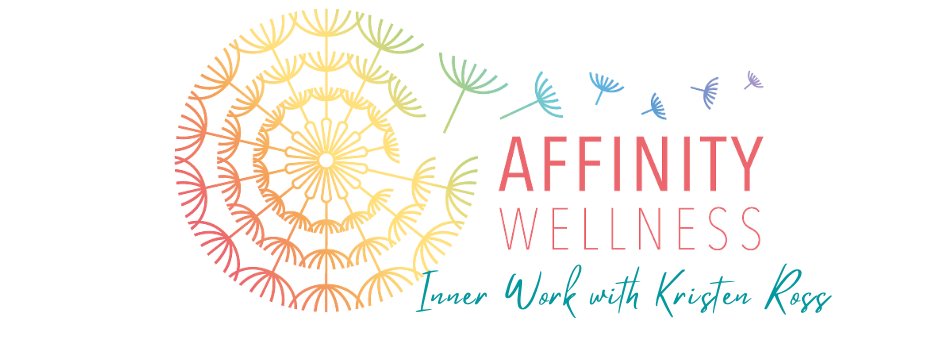 The importance of sleep.
The importance of sleep.
Are you getting enough sleep?
Sleep is a basic human necessity; it could well be the single most important factor for our physical and mental wellbeing. Without it, as without food or water, we would die. The quality of your sleep affects everything in your daily life. Poor quality sleep and deprivation can not only prevent you from reaching your full potential and optimum health; it can make you sick and impair the functions of your mind.
Science has shown that it is imperative that we get at least 8 hours of rest each night to ward off some serious health problems in our future. The bad news is that you can never make up for the sleep you have missed. The good news, if you haven’t been a good sleeper in the past, you can start getting better sleep today and improve your life dramatically!
What is sleep?
Sleep is controlled by the release of the hormone melatonin from the pineal gland; this acts as a signal to the brain that it is time to become unconscious for a good while for brain integration, learning and physical repair.
Sleep consists of two primary states. Rapid eye movement (REM) and slow-wave (SW) or Non-REM (NREM). Most of us experience these waves five to six times a night for about 90 minutes.
Slow Wave, is a deep sleep that is hard to wake up from. This is our restorative sleep, and it also burns fat. While in this form of sleep, your dreams may be fragmented and vague.
REM is the most active stage of sleep, named after the way our eyes move under our eyelids when we sleep and our body becomes paralysed to stop us acting out our dreams and practising our kung fu kicks on our sleeping partners.
During REM, our dreams are vivid, abundant and easy to remember. The dreams that occur during this stage may help us prepare for the trials and tribulations of daily life. These dreams can help us to create survival strategies. In this stage of sleep, you can enter into a lucid dreaming state, giving you a chance to interact with your psyche.
Benefits of sleep
It’s important to get a proper nights rest (at least 8 hours of sleep) for several reasons.
Numerous studies are detailing how the quality of your sleep you get can effect you on physical and emotional levels.
Lack of sleep can affect:
- the immune system causing inflammation and susceptibility to viruses and infections.
- Blood sugar levels and sugar metabolism, a key factor in diabetes.
- Energy levels and physical performance.
- Physical strength & performance
- Weight gain
- Ageing and appearance
- Libido
- Cognitive ability and memory, lack of sleep may be a major contributing factor to the development of dementia in later years.
- psychological health
Sleep deprivation is a significant problem in society and a precursor to many illnesses, too often we consider sleep a luxury as opposed to a necessity.
Sleep deprivation can be caused by:
- Workaholism
- Noisy neighbourhoods
- Lack of exposure to daylight
- Shift-work
- Waking too early in the mornings
- Screen-time
- Caffeine is known to cause anxiety, irritability, and sleep disturbances.
- Drug use
- Medications
- Hormonal imbalances
- Diet
- Stress and anxiety
- Depression. Insomnia is prevalent among people diagnosed with depression. Depressed people may suffer from several insomnia symptoms, including difficulty falling asleep, trouble staying asleep, unrefreshing sleep, and daytime sleepiness.
Improve your sleep and improve your life.
You can improve our quality of your sleep and your quality of life and with a few simple changes to your lifestyle. These can include:
- Allow yourself to establish a non-negotiable 8 hours for rest each night.
- Go to bed at the same time each night.
- Get rid of your alarm clock! The last two hours of your sleep are the most important.
- Supplement with magnesium to relax your nervous system.
- Reduce caffeine, especially in the afternoon hours if you are sensitive to it (you can find this out through a DNA report)
- Yoga practices for sleep include Yin and Restorative Yoga as well as several asana’s that can help with insomnia.
- Yogic breathing techniques (pranayama) before bed.
- Meditation or Mindfulness practices.
- Anxiety management strategies if you tend to find it difficult to fall asleep.
- Environmental changes
- Therapy such as Kinesiology or Acupressure
Kinesiology
Kinesiology is a practice that can help improve your sleep. It does this by resolving the stress that causes sleep problems.
Kinesiology is a holistic therapy. This means that a session will cover the physical, nutritional, emotional and energetic elements of sleep. Kinesiology can determine where imbalances lie and re-set the energy system.
Dreamwork
When you sleep well you have good dream recall. Dreams give you the opportunity to unlock the secrets of your psyche, sometimes nightmares will stop us from achieving a restful night of sleep. Through Dreamwork, we can also help you understand your dreams.
Kristen Ross founded Affinity Wellness in 2007 and since has helped hundreds of clients to unlock their Inner Guidance, Unleash their potential and create lives they love.
With a history in the management of artists. Kristen had the opportunity to help guide the careers of many professional actors and artists, helping others thrive personally and professionally by connecting to their intuition and inner compass, this led her to study healing modalities such as kinesiology and counselling to enhance her work as a soul empowerment guide.
Kristen combines a striking combination of energy healing (kinesiology), counselling, coaching, dreamwork, meditation and yogic medicine practices to tap into the many facets of the self, mind, body and soul and release the layers that block her clients from accessing their intuition and self-love.
She believes that your life is your spiritual practice and that every decision you make is a part of your journey towards peace, power and enlightenment.
Everything you create and achieve comes from your ability to love and accept yourself and to do that you must engage in inner work.
Kristen currently runs a private online practice servicing individuals across Australia, New Zealand and the UK based in Melbourne, Australia.





